2024 – 2025 Community Report
Your Impact in 2024
This Report Includes
ALICE in SOUTHERN MAINE
“food, clothes for my kids, heat, car payment, gas, rent, utilities. which one do i go without?”
37%
of working households in Southern Maine are struggling to stay afloat.
Every day, 37% of households in Southern Maine make tough choices such as deciding between quality child care and paying the rent. This includes the 7% of households living below the federal poverty level and another 30% known as ALICE – Asset Limited, Income Constrained, Employed.
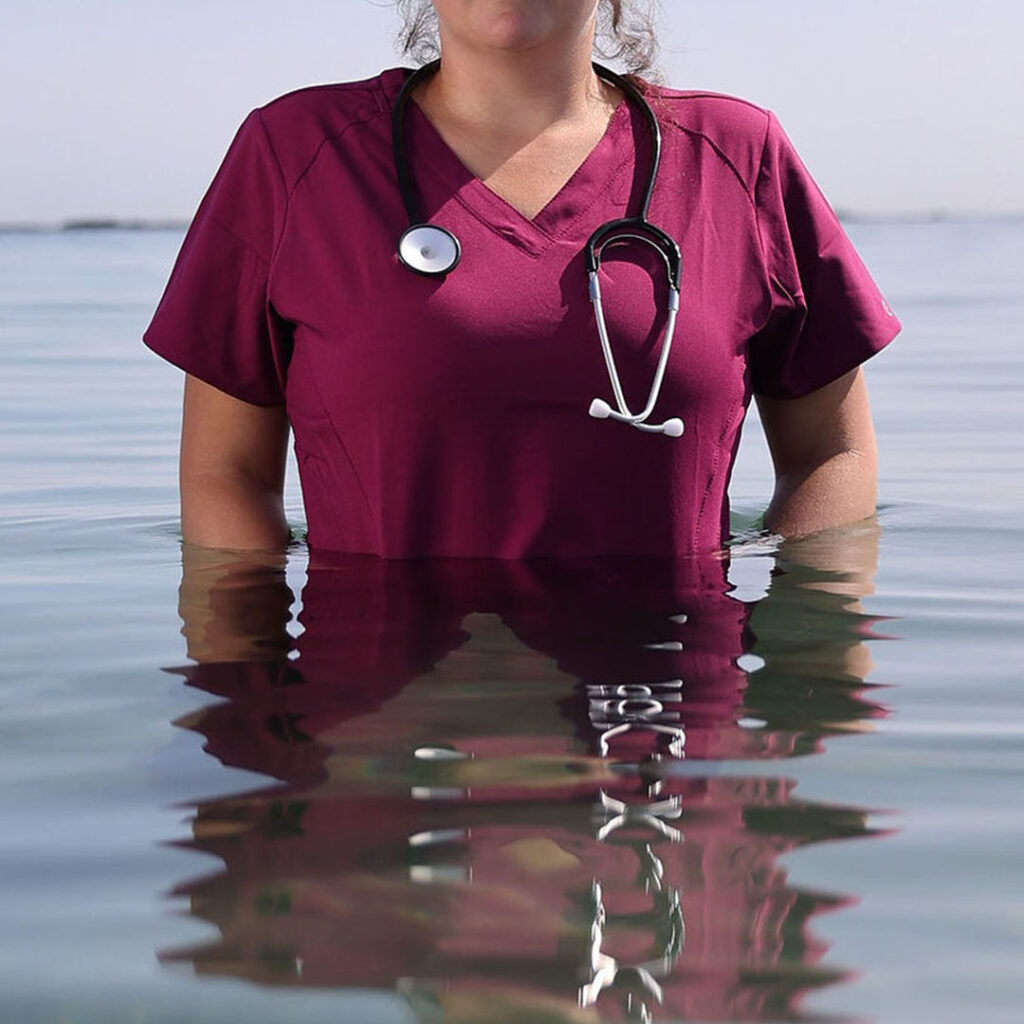
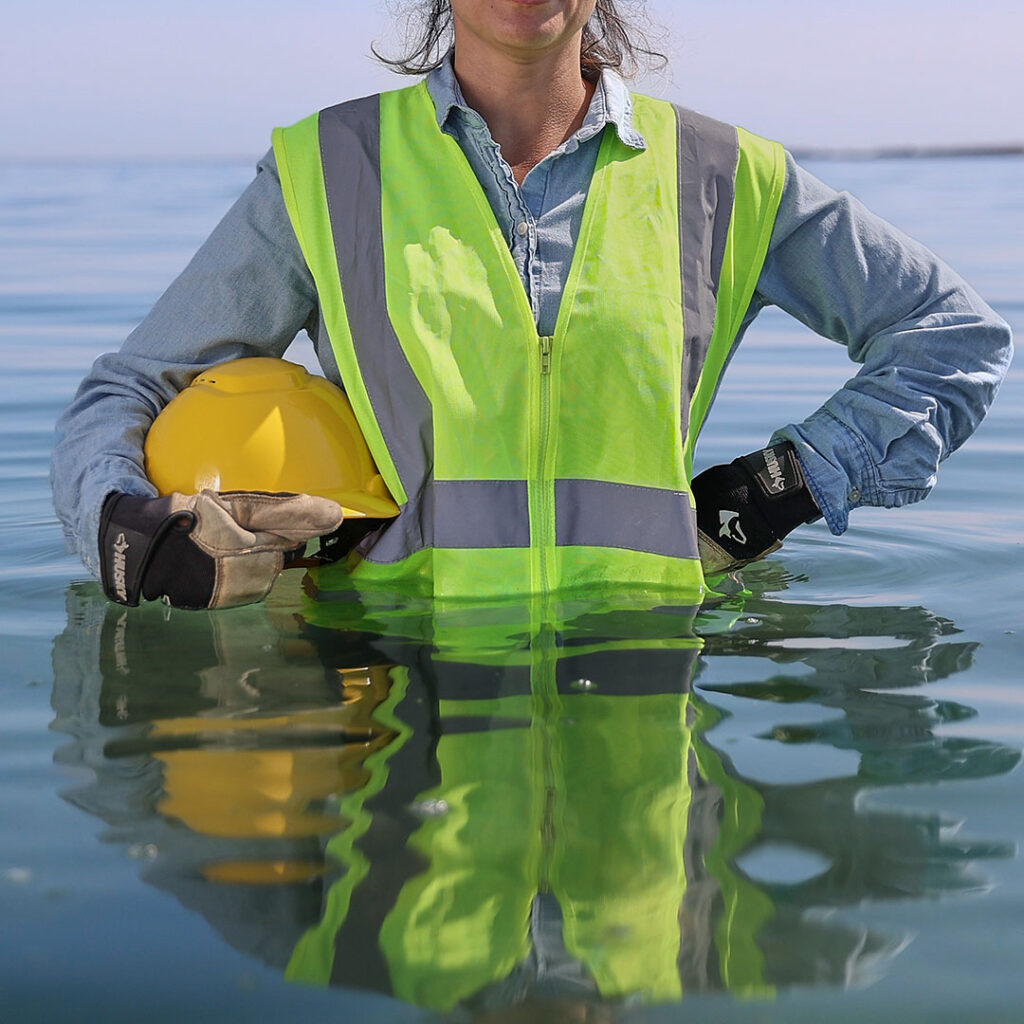
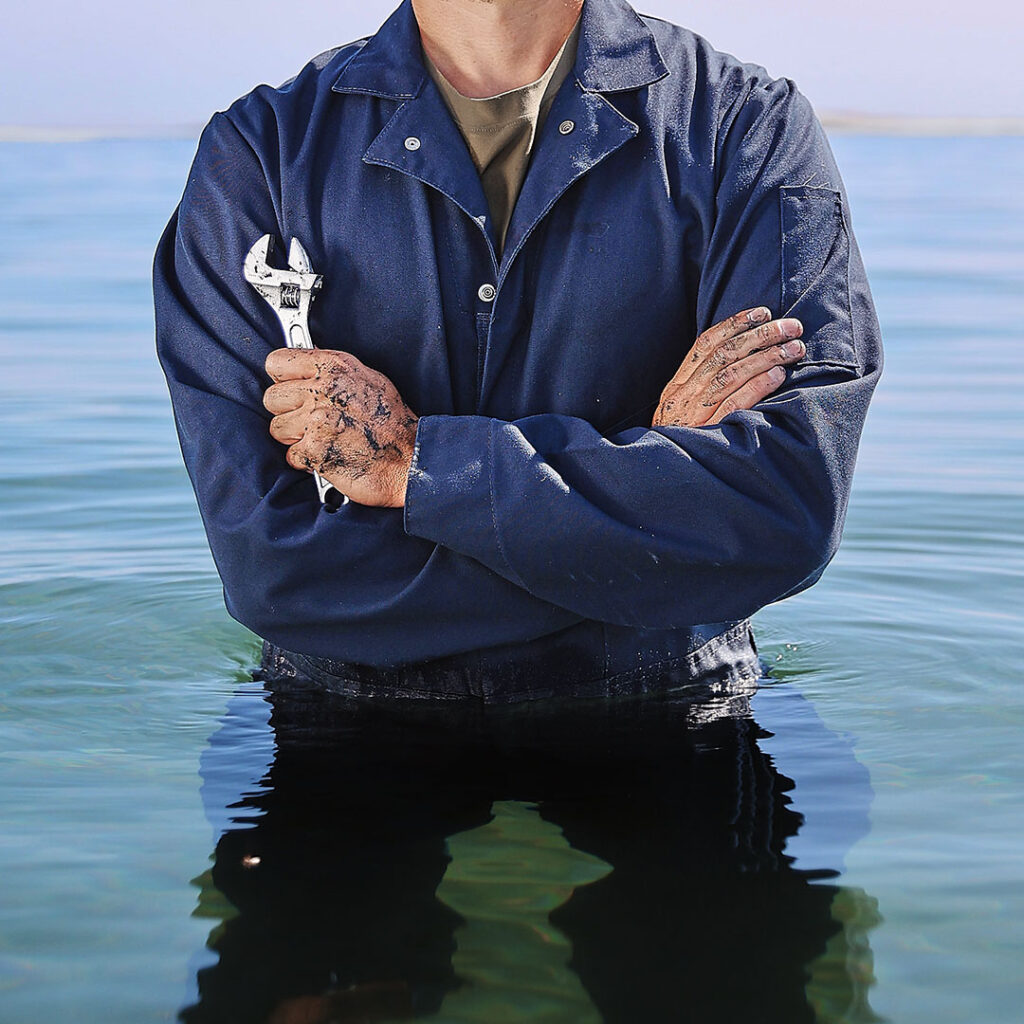
We all know alice
ALICE represents a growing number of households that work as our teachers, child care providers, health care professionals, retail workers, and more. It is stressful to walk this financial tightrope each month. Sometimes it means making difficult choices like whether to pay the rent or pick up that prescription, buy car insurance or keep the lights on, or fill the fridge or the gas tank. Essentially, they live paycheck to paycheck, and have little to no opportunity to save for emergencies or for future investments like education, home ownership, or retirement.
ALICE households live in every town. They also span all ages, genders, races, and ethnicities, but some groups experience hardship at disproportionate rates.
United Way of Southern Maine’s work is focused on many of the challenges facing ALICE households in Southern Maine—urgent needs, housing, child care, and financial instability. Your support helps ALICE stay afloat.
93%
of municipalities in Southern Maine have an ALICE rate of 25% (1 in 4 residents) or higher. All municipalities in Southern Maine are above 20%.
youth opportunity
united is the way to Youth Opportunity IN SOUTHERN MAINE
Every young person should have the chance to thrive. At United Way of Southern Maine, we help children get off to a good start and empower youth to reach their full potential by breaking down barriers to success.
IMPACT IN FOCUS
What We’re Seeing
Child care is essential for parents to work and children to thrive. Yet, for many families, it remains unaffordable or inaccessible—especially for ALICE households living paycheck to paycheck.
What We’re Doing
We have long worked to give all young children a strong start by improving child care quality and access. But with a growing child care crisis, new solutions were needed. In 2023, United Way of Southern Maine partnered with the Portland Regional Chamber of Commerce to bring local business leaders together to tackle this challenge. This effort led to the creation of United 4 Child Care, an initiative focused on expanding access to high-quality, affordable child care through a partnership between businesses and the community.
85%
of Southern Maine caregivers without jobs say that lack of child care is their biggest obstacle to employment (United Way Survey).
innovative program:
United 4 Child care
At the heart of United 4 Child Care is a collaborative model where businesses help subsidize child care spots for their employees and community members. This effort ensures working parents have access to reliable child care and strengthens Maine’s workforce and economic stability.
Over the next five years, United Way of Southern Maine aims to create 400 additional child care slots to meet the needs of both families and employers. The long-term vision is to build a stronger child care ecosystem by training new professionals, providing technical and back-office support for providers across Southern Maine, and expanding access to high-quality child care slots. For more information about United 4 Child Care, reach out to us.
United Way in Action
Youth Opportunity
Promoting literacy for students through our Volunteer Reader program.
Investing in afterschool, summer, and weekend programs for youth.
Empowering young professionals to invest in the next generation with Emerging Leaders United.
Healthy communities
united is the way to healthy communities IN SOUTHERN MAINE
Everyone deserves the opportunity to live their healthiest life. At United Way of Southern Maine, we help people overcome barriers to good health by improving access to nutritious food and quality health services for mental health support, and more.
IMPACT IN FOCUS
What We’re Seeing
Substance use disorder touches every part of our community – our youth, families, neighbors, and workplaces. But the right interventions can save lives. In 2024, Portland saw a 55% reduction in overdose deaths thanks to coordinated harm reduction efforts. Harm reduction is all about equipping people with tools and knowledge to keep themselves and others safe and minimize the negative impacts of drug use. Yet, in rural areas and among those not connected to harm reduction services, the risk remains high.
What We’re Doing
No one should have to navigate substance use disorder alone. At United Way of Southern Maine, we’re committed to meeting people where they are – offering help without judgment. We provide free training in local workplaces and rural communities and distribute naloxone, a medication that can reverse a drug overdose and save lives.
3,977
Southern Maine calls to 211 Maine asking for help with mental health or substance use disorder.
innovative program:
Naloxone Video
Naloxone saves lives—but only if people know what it is, how to use it, and when to act. Healthy Community partners shared the challenge that many people cannot attend in-person naloxone trainings. This led United Way of Southern Maine to identify a need for a simple, accessible video for Mainers that demonstrates how to administer naloxone.
In collaboration with a local video company, we created a culturally inclusive animated video that is available in six languages commonly spoken in Maine. The video walks viewers through identifying an overdose, administering naloxone, and understanding Maine’s Good Samaritan Law.
Thanks to a new partnership with the Maine Department of Education, schools across the state will use this video as part of their curriculum. Schools will also distribute stickers with QR codes linking to the video and additional resources, ensuring that every student becomes more aware of the risks and potential harm of drug use while also being better equipped to protect themselves and others. Watch the video at uwsme.org/harmreduction.
United Way in Action
Health Communities
Increasing access to healthy food for ALICE families.
Connecting families with access to food, mental health, and substance use support through 211 Maine.
Investing in local programs that provide free mental health care.
Financial Security
united is the way to Financial Security IN SOUTHERN MAINE
Everyone should have the opportunity to build financial stability and a better future. That’s why we’re helping hard-working families stay afloat today while connecting them with the education, financial tools, and job training so that they can create a better, more secure future for themselves and their loved ones.
IMPACT IN FOCUS
What We’re Seeing
Housing is the cornerstone of stability and the largest expense in most household budgets. Yet across Southern Maine, homelessness, housing insecurity, and limited affordable housing have reached crisis levels.
What We’re Doing
United Way of Southern Maine connects people with emergency shelter and resources that support long-term housing stability – employment support, substance use recovery, and mental health services. We also host Cumberland County’s Homeless Services Housing Hub Coordinator, a critical role that works across agencies to support people before they lose their housing.
34%
of renter households below the ALICE Threshold are severely rent burdened in Southern Maine, paying more than 50% of their income on rent.
innovative program:
Homeless Diversion
Hub Coordinators bring together service providers, municipalities, housing experts, and people with lived experience to close systemic gaps and design effective interventions. This diversion-first approach helps resolve housing issues early—preventing homelessness before it starts.
Building on this work, United Way drafted and submitted to the Maine Legislature LD 641 – a bill that expands funding for homeless diversion across the state. If enacted, it’s projected to keep more than 1,000 Mainers housed each year, while reducing strain on shelters and saving taxpayer dollars.
This is the power of advocacy, collaboration, and community leadership — creating lasting change across the entire housing continuum.
United Way in Action
Financial Security
Returning more than $1,000,000 to the community through free tax preparation.
Building career pathways to family sustaining wages through our Southern Maine Workforce Initiative.
Financial coaching to help single moms navigate the challenges of buying their first home through Women United.
investing in innovation
United is the way to community success
United 4 Child Care, the naloxone training video, and the Maine bill to increase funding for homeless diversion all started the same way—with a community need and United Way stepping up to meet it. These solutions came to life through research, community conversation, and careful strategic planning. But more than anything, they happened thanks to contributions to our Community Impact Fund. These unrestricted gifts give us the flexibility to respond, innovate, and make real change where it’s needed most.
2,015
children met significant milestones for social-emotional development.
1,062
Southern Mainers increased their access to health care.
705
households received free tax preparation and financial education through CA$H Greater Portland.
396
older Mainers were able to remain in their homes thanks to additional supports.
716
Maine households were able to receive emergency heating assistance through the Keep ME Warm fund.
952
individuals increased their income, earnings, or financial assets thanks to financial education programs like CA$H.
472
children received high-quality child care with wrap-around family services.
800
hours spent reading to youth at nine Southern Maine schools through our Volunteer Readers program.
Thrive2027
eight years of progress
Together, we’re creating a future where kids get a stronger start, neighbors thrive – not just survive, and more people live longer, better lives. Since 2017, United Way’s work has been driven by our community’s ten-year goals, Thrive2027.
Goal 1: GIVE OUR KIDS A STRONG START
By 2027, reduce the reading proficiency gap to no more than 10 percentage points between all third-grade students and students from populations with historical inequities.
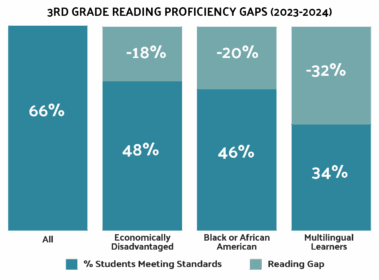
Goal 2: EMPOWER NEIGHBORS TO THRIVE – NOT JUST SURVIVE
By 2027, 70% of households pay less than 30% of their income on housing
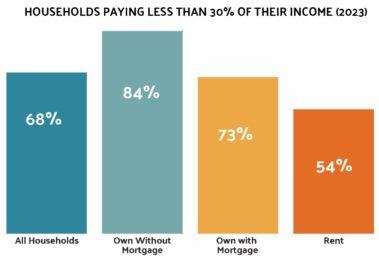
Goal 3: HELP US ALL LIVE LONGER, HEALTHIER LIVES
By 2027, reduce preventable premature deaths by 10%
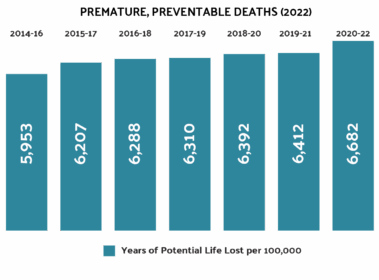
Take Action
No matter what the challenge, United Way of Southern Maine’s comprehensive approach and community connections mean we can find a way forward. We’re here every day to strengthen communities, advancing financial security, providing opportunities for young people, and improving health for all. Together, we’re building a future where everyone, everywhere, can thrive.